-
 Valgan 450mgUS$ 7.80 - US$ 9.08
Valgan 450mgUS$ 7.80 - US$ 9.08$7.80 - $9.08
Generic For : ValcyteActive Ingredient : Valganciclovir4 Tablet/sUS$ 36.30 -
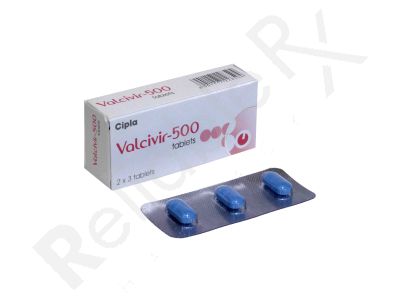 Valcivir 500mgUS$ 1.17 - US$ 2.00
Valcivir 500mgUS$ 1.17 - US$ 2.00$1.17 - $2.00
Generic For : ValtrexActive Ingredient : Valacyclovir30 Tablet/sUS$ 42.00 US$ 60.00 -
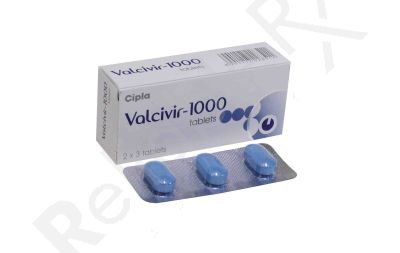 Valcivir 1000mgUS$ 1.94 - US$ 2.14
Valcivir 1000mgUS$ 1.94 - US$ 2.14$1.94 - $2.14
$1.94 - $2.14
Generic For : ValtrexActive Ingredient : Valacyclovir30 Tablet/sUS$ 64.20 US$ 75.00 -
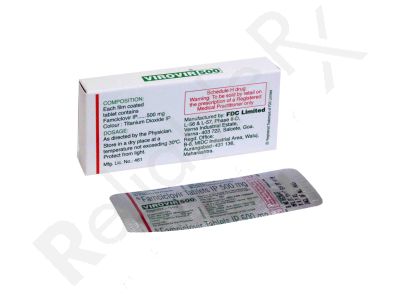 Virovir 500mgUS$ 3.54 - US$ 4.43
Virovir 500mgUS$ 3.54 - US$ 4.43$3.54 - $4.43
Generic For : FamvirActive Ingredient : Famciclovir30 Tablet/sUS$ 132.83 -
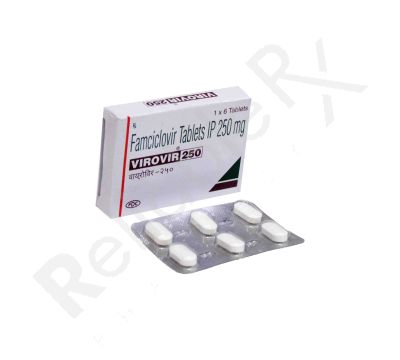 Virovir 250 mgUS$ 1.55 - US$ 1.64
Virovir 250 mgUS$ 1.55 - US$ 1.64$1.55 - $1.64
Generic For : FamvirActive Ingredient : Famciclovir24 Tablet/sUS$ 39.25 -
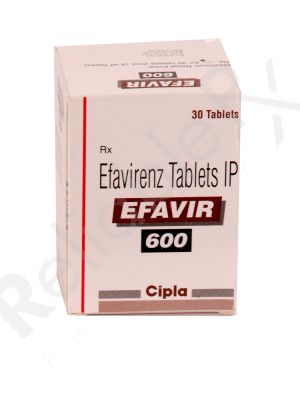 Efavir 600 mgUS$ 5.34
Efavir 600 mgUS$ 5.34$5.34
$5.34
Generic For : N/AActive Ingredient : Efavirenz30 Tablet/sUS$ 160.13 US$ 177.93 -
 Trustiva 300 mg, 200mg & 600 mgUS$ 1.67 - US$ 1.83
Trustiva 300 mg, 200mg & 600 mgUS$ 1.67 - US$ 1.83$1.67 - $1.83
$1.67 - $1.83
Generic For : ViradayActive Ingredient : Tenofovir Disoproxil Fumarate (300 mg), Emtricitabine (200 mg), and Efavirenz (600 mg)30 CapsulesUS$ 55.00 US$ 236.49 -
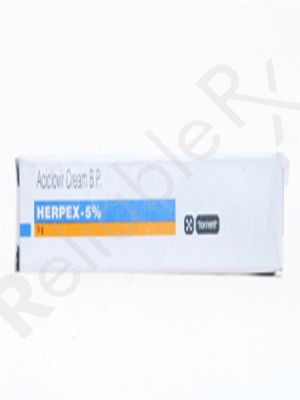 Herpex Cream 5 gm creamUS$ 3.25 - US$ 6.00
Herpex Cream 5 gm creamUS$ 3.25 - US$ 6.00$3.25 - $6.00
Generic For : Zovirax CreamActive Ingredient : Acyclovir1 Tube/sUS$ 6.00 -
 Acivir Dispersible Tablets 800mgUS$ 0.91
Acivir Dispersible Tablets 800mgUS$ 0.91$0.91
Generic For : ZoviraxActive Ingredient : Acyclovir30 Tablet/sUS$ 27.28 -
 Acivir Dispersible Tablets 400mgUS$ 0.52
Acivir Dispersible Tablets 400mgUS$ 0.52$0.52
Generic For : ZoviraxActive Ingredient : Acyclovir30 Tablet/sUS$ 15.64 -
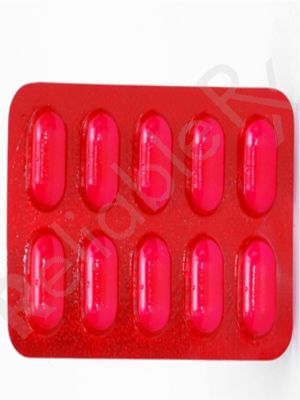 Ocuvir Dispersible Tablets 200mgUS$ 0.28 - US$ 0.40
Ocuvir Dispersible Tablets 200mgUS$ 0.28 - US$ 0.40$0.28 - $0.40
$0.28 - $0.40
Generic For : ZoviraxActive Ingredient : Acyclovir30 Tablet/sUS$ 12.00 US$ 14.00 -
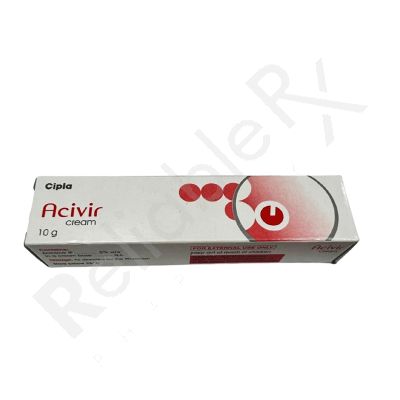 Acivir Cream 10gmUS$ 6.00 - US$ 14.00
Acivir Cream 10gmUS$ 6.00 - US$ 14.00$6.00 - $14.00
Generic For : ZoviraxActive Ingredient : Acyclovir1 Tube/sUS$ 14.00 -
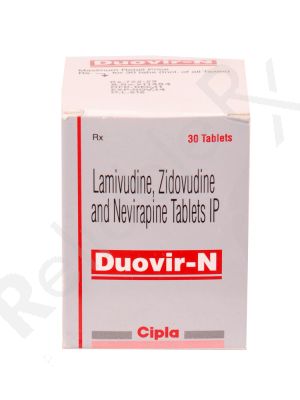 Duovir N (150+200+300)mg TabletUS$ 0.78 - US$ 0.96
Duovir N (150+200+300)mg TabletUS$ 0.78 - US$ 0.96$0.78 - $0.96
$0.78 - $0.96
Generic For : Duovir- NActive Ingredient : Lamivudine, Nevirapine and Zidovudine30 CapsulesUS$ 28.65 US$ 36.00 -
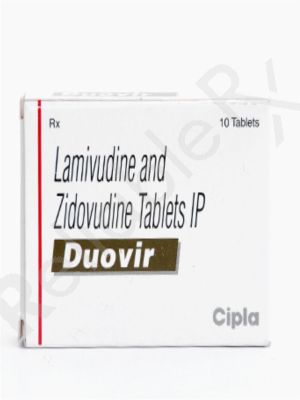 Duovir 150 300 mgUS$ 1.92
Duovir 150 300 mgUS$ 1.92$1.92
Generic For : CombivirActive Ingredient : Lamivudine + Zidovudine30 Tablet/sUS$ 57.61 -
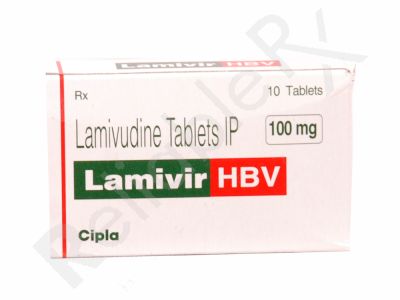 Lamivir HBV 100 mgUS$ 0.40
Lamivir HBV 100 mgUS$ 0.40$0.40
$0.40
Generic For : EpivirActive Ingredient : Lamivudine30 Tablet/sUS$ 12.00 US$ 22.00 -
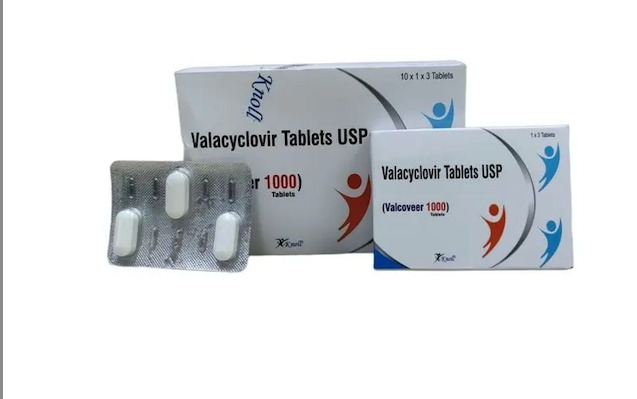
-
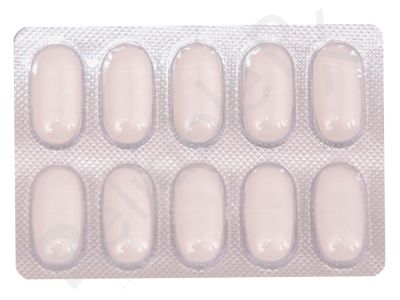
-
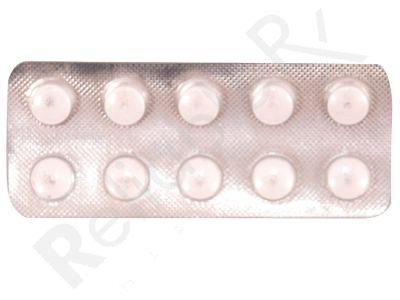
-
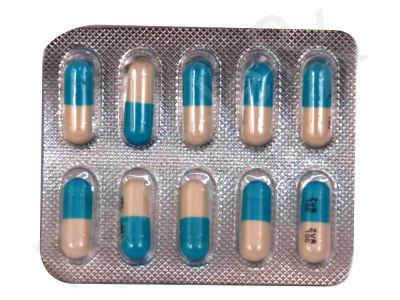
-
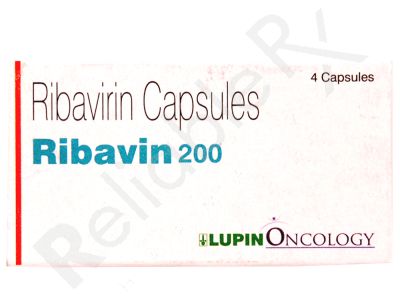
-
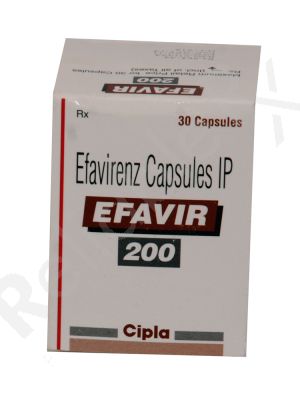
Anti viral medicines
Viruses are the most common cause of all infectious diseases and are generally obtained within indoor environments and have substantial effects on human health. Its severity ranges from mild to life-threatening illness. Virus word is derived from the Latin word ‘venenum’ which means poison; they are tiny much smaller than bacteria with a covering of capsules and genetic material inside. Viruses can replicate them by infecting a host cell and therefore can’t reproduce on their own, like bacteria do. Antiviral drug therapy is given in order to treat the infections induced by viruses. They are of two types DNA virus and RNA virus.
Common diseases caused by virus:
• Common cold
• Influenza virus
• Chicken pox
• HPV
• Herpes
• AIDS
• Meningitis
• Measles
• Mumps
• Polio
• Rabies
Causes or transmission of viral disease:
They take a hostage in the human body and invade other living cells and keep on multiplying and making you sick. There are a number of routes from which viral agents can get access into the human body such as:
• Contaminated food or water
• Contact with the faeces of an infected person
• Indirectly, by touching contaminated surfaces such as taps, toilet handles, toys, and nappies.
• Close contact with an infected person
• Unhealed Cuts
• Breathing of the exhaled droplets when an infected person coughs or sneezes
• Bites from infected animals or insects
• Exposure to infected bodily fluids through activities such as sexual intercourse or sharing hypodermic needles.
Viruses have a few specific characteristics which make them more powerful than other organisms. They have specific action as they selectively bind to an antibody and then trigger an antibody response. It keeps itself in the competent stage even if it is not reproducing as the virus doesn’t need any nutrition. A virus maintains a toxic state and becomes active when gets the right type of cell. They have the power of self-defense.
Signs and Symptoms:
Viral infections are generally associated with the following signs:
• High fever
• Fatigue
• Headache
• Sneezing
• Cough
• Diarrhe
• Abdomen pain
• Sore throat or rashes
The signs of viral infections in an infant are as follows:
• Excessive crying
• Difficulty in feeding
• Bulging of the soft spot on the top of head
• Excessive sleeping
Adverse effects of the problem:
Although some of the viral infections are easily treatable, but many of the Viral infections can cause severely complicated problems like:
• HIV
• Pneumonia
• Shingles
• Chicken pox
• Varicella zoster virus
• The development of some forms of cancer
Preventive measures:
To avoid catching a viral infection and to avoid spreading of the disease do the following:
• Cover your mouth when you cough/sneeze with a cloth or with hands
• Avoid using contaminated food/water
• Improve sanitization practices
• Properly wash your hands after touching a publically used object.
• Avoiding close contact with the sick person
• Never use shared needles/syringes for blood transfusion or drug delivery
• Always ensure safe sex as this can be really helpful in avoiding sexually transmitted diseases
Common Anti viral medicines:
Some common antiviral drugs are:
• Acivir cream
• Herpex cream
• Valcivir
• Stavir
• Zidovir
• Ocuvir dispersible tablets
So, you can buy anti-viral drugs from these online sites at very cheap rates as all these drugs are available on leading pharmaceutical websites,
Myths and facts:
Myth: Flu cant spread if you are well
Fact: Even if you do not show any signs of infection, still you can have virus cells in your body and can spread it to others. The best way is to stay safe and keep others safe.
Myth: chicken soup is necessary for a flu patient
Fact: although it is good to have something hot to drink to relax the breathing airway, any other hot drink may do the work equally.
Diagnosis of the disease:
Generally the physician determines the presence of viral infection with the help of symptoms like severe muscle and joint pain before fever, the presence of skin rashes, and lymph gland swelling. There are a range of laboratory, done to check the type of infection, these tests include:
• ELISA
• Cell culture
• Visual inspection
• Hemagglutination assay
• Histology ( post mortem)
• Antibody detection and Nucleic acid detection
Treatment for viral disease:
These are the drugs which used specifically for treating viral infections. They act and inhibit the development of the virus. They are relatively harmless to the host. Most drugs are prodrugs that need to be phosphorylated by viral or cellular enzymes in order to be active. They have a very restricted spectrum of activity and act on specific targets only. Its classification is based on the mode of action they illustrate at the different stages of the virus.
The virus life cycle is divided into five stages;
First stage: is the attachment phase, in which the virus gets attached to the cell wall of the host is energy-dependent, and is based on receptor-ligand recognition.
Drugs that inhibits attachment and penetration – Gamma globulins.
Second stage: is penetration in which it enters inside the host. The mechanism of entry of viruses is quite different. In phage, the coat remains outside and the contents of the virion enter the host, and the envelope virus penetrates via fusing with the host membrane.
Drugs that inhibit the uncoating phase - Amantadine, Rimantadine, and Interferons are the main drugs that act by blocking the viral membrane matrix protein M2 which functions as an ion channel and helps in the fusion of both the membranes. It is given in the treatment of Influenza A and reduces the duration of symptoms thus giving a speedy recovery.
Third stage: is the uncoating of the virus and release of the infectious nucleic acid from the protein coat. This is a simultaneous activity with an uncoating phase as nucleic acid enters the host and the protein capsid remains outside.
Drugs that inhibit third phase - DNA polymerase enzyme inhibitors such as Acyclovir, Gancyclovir, Famcyclovir, Cidofovir and RNA polymerase inhibitors like Zidovudine, Didanosine, Stavudine and Zalcitabine.
• Acyclovir and its congeners act by inhibiting the DNA polymerase and inhibit the formation of viral DNA. It is given in the treatment of Genital Herpes simplex Virus infections.
• Zidovudine inhibits the RNA-dependent DNA polymerase enzyme to block DNA synthesis. Initial drug of choice in AIDS patients with CD4 counts less than 500/mm3 and in asymptomatic HIV-infected individuals
Fourth stage: involves transcription and translation phases, in this released nucleic acid (DNA or RNA) is converted into active forms to take over the host metabolism and prepare important proteins for its survival. It further replicates to form a number of copies and spreads completely in the cell.
Drugs inhibiting this phase – Ribavirin, Interferons, Saquinavir, Indinavir, and Ritonavir are the structural analogs of HIV protease and block the maturation of virus.These are highly specific drugs and are active in acute and chronically infected patients. This is used in the treatment of advanced HIV infection.
Fifth stage is assembly and release phase. After a virus has made many copies of itself, it usually has exhausted the cell of its resources. The host cell is now no longer useful to the virus, therefore the cell often dies and the newly produced viruses must find a new host.
Drugs that inhibit the last phase - Interferons, Rifampin, and antiviral antibodies cytotoxic T lymphocytes block the translation of virus by inhibiting a protein kinase activity and stop protein synthesis. It is indicated in various conditions such as chronic hepatitis B and C, Herpes zoster virus infection in cancer patients, Hairy cell leukemia (in combination with Zidovudine), and in AIDS-related Kaposi’s sarcoma.
You can easily buy these Anti-viral medications online from various reputed pharmacies at cheap prices
Steps to improve the health:
You can use herbs like cloves, salba seeds salba seed oils, ginger, lemon, licorice, olive leaf, oregano, and Reishi mushrooms to protect against viral infections.
Important thing to know:
If you have the flu (or a cold) and a fever, you need more fluids and a good nutritious diet to fight against viral infection.
What are the commonly used antiviral medicines?
Zanamivir, oseltamivir, peramivir, and baloxavir marboxil are commonly recommended for flu season.
How do antiviral medicines work?
Antiviral medicines work by stopping the virus from multiplying in your body. They suppress the virus’s ability to cause infection and multiply in the body.
What antivirals can’t treat?
Antiviral agents can’t help you eliminate the virus that remains in your body. They only stop it from multiplying in the body.
When are antivirals most effective?
The benefits of antiviral treatment are maximum when started as soon as possible after the onset of an illness. Research shows that benefits are strongest when treatment starts within 48 hours of illness onset.
Can an antiviral cause allergy?
Most antiviral agents cause mild to moderate allergies, such as delayed rash without other serious features. The situation must be handled with careful observation and symptomatic management, reducing the discontinuation rate of the medicine.
Who needs antiviral medicines?
Antiviral treatments are available only for those patients who are at higher risk of developing severe viral infections, including people older than 65 years and those with other medical conditions such as heart disease, diabetes, and cancer, which makes them more vulnerable to severe illnesses.
How effective is an antiviral treatment?
According to research studies, oral antiviral treatment has been shown to reduce the risk of hospitalization and life-threatening complications when taken within the first five days of the infection.
Is Penicillin an antiviral agent?
No, Penicillin is an antibiotic that works on bacteria. Antibiotics do not work on viruses.
Can you buy antiviral medications over the counter?
Antiviral medications are not sold over the counter. You can purchase them only when you have a prescription from a healthcare professional.
From where can I buy antiviral medicines?
You can buy antiviral drugs online from reliablerxpharmacy.com, a trusted online drugstore that sells authentic medicines at affordable rates.





20% OFF
On New Registration
Terms and Conditions Apply*
Flat 20% OFF
on your first purchase
20% off only on the product value
Maximum discount value $20
Only one coupon can be used at a time
Coupon code will be mailed on
your registered email address.
Login
Sign up
Flat 20% OFF
on your first purchase
20% off only on the product value
Maximum discount value $20
Only one coupon can be used at a time
Coupon code will be mailed on
your registered email address.
Login
Sign Up
Flat 20% OFF
on your first purchase
20% off only on the product value
Maximum discount value $20
Only one coupon can be used at a time
Coupon code will be mailed on
your registered email address.
Forgot Password ?